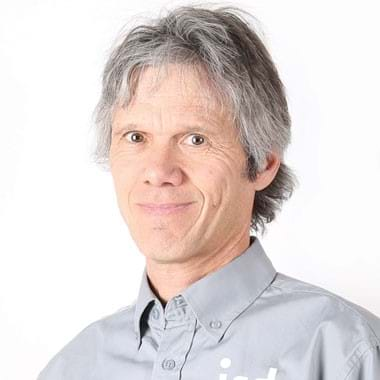Impact of manure management and tillage practices on water quality and safety in canola and wheat

Caroline Côté
Researcher, agr., Ph.D.
450 653-7368
ext 310

Marc-Olivier Gasser
Researcher, agr., Ph.D.
418 643-2380
ext 650
Description
Canola and wheat (wheat-corn-canola rotation) were planted in 2016 and 2017, respectively, on 12 experimental plots with tillage practices on the main plots (minimum tillage and chisel plow) and fertilization methods (mineral fertilizers, 25 m3/ha of pig manure and 50 m3/ha of pig manure) in the subplots. Soil samples are taken in the spring and fall at depths of 0-10, 10-20, and 20-40 cm for physical, chemical (macronutrients and micronutrients, etc.) and microbiological analyses (E. coli, enterococci, and antibiotic resistance genes). Physical, chemical, and microbiological tests are conducted on pig manure in the field and drainage water is sampled based on rainfall frequency (about 18 sampling operations per year). Crop yields and their macronutrient and micronutrient content are also measured.
Objective(s)
- Measure the effect of fertilization and tillage methods on corn and canola yields and the physical, chemical, and microbiological quality of the drainage water and soil
- Measure the effects of repeated applications of pig manure on resistance genes in the drainage water and soil
From 2016 to 2019
Project duration
Field crops
Activity areas
Food safety and quality
Service
This project’s findings will help growers produce food that meets the highest safety standards.

Partners
Growing Forward 2 | Ministère de l'Agriculture, des Pêcheries et de l'Alimentation du Québec | Innov'Action Programme | Agriculture and Agri-Food Canada | Université de Montréal

Publications
Research report • Caroline Côté, Marc-Olivier Gasser, Élodie Larouche, Mylène Généreux
Côté, C., M.-O. Gasser, S. Quessy, A. Letelier, E. Larouche, M.E. Tremblay, M. Généreux. 2019. Impact de la gestion des effluents d’élevage et du travail du sol sur la qualité et la salubrité des eaux de drainage en cultures annuelles de blé et de maïs-grain. IRDA. 71 p. DownloadThis may interest you
Testing biofungicides against white mold in soybean crops – an economic analysis
Testing the efficacy of four biofungicides against Sclerotinia in soybeans.
Researcher: Luc Belzile
Biological control of cabbage seedpod weevil in the Prairies – Economic Analysis
The goal of the project is to improve biological methods for controlling the cabbage seedpod weevil in canola crops. In this project, initiated by Agriculture and Agri-Food Canada and conducted in Québec by UQAM, IRDA is performing an economic analysis of the practices under study.
Researcher: Luc Belzile
Improving nitrogen management in Québec grain corn
This project will determine the optimal post-emergent nitrogen dose to apply.
Researcher: Christine Landry


